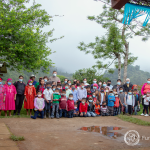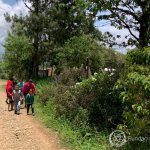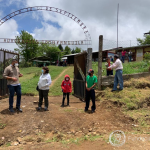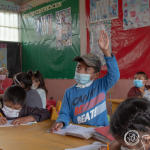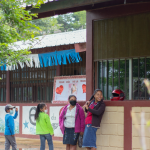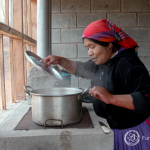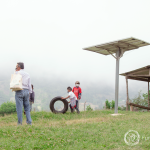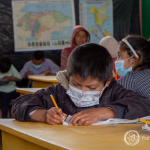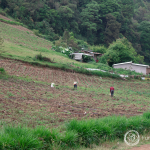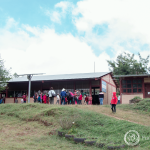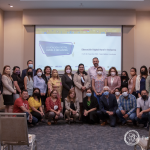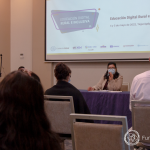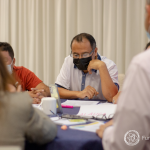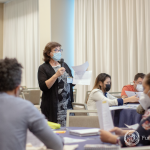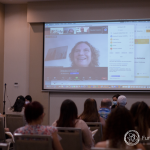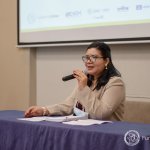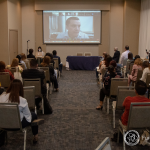Noticias

The Ceibal Foundation carries out a mission in Honduras
As part of the “Rural and Inclusive Digital Education” project, coordinated by the Ceibal Foundation, a mission was carried out in Honduras between May 4 and 6 in order to hold a participatory workshop and get to know one of the local communities participating in this project. The members of the mission were Florencia Ripani, Director of the Ceibal Foundation, and María Eugenia Alonso, Pedagogical Coordinator of the project.
On May 4 and 5, the “Innovation Analysis and Prototype Design Workshop” was held for the generation of a participatory space with leaders and stakeholders of the Honduran education community in order to promote the design and scaling of distance and blended learning strategies based on tried and tested innovations in Latin America and other regions of the world. Marissela Figueroa, Deputy Minister of the Ministry of Public Education of Honduras, participated in the opening.
The workshop analyzed two innovations tested in the region: Learn at home (Mexico) and Ceibal at home (Uruguay). In addition, innovations in digital content production implemented by the BBC were presented for the purpose of assessing the feasibility of scaling and adapting these experiences.
This exchange involved the participation of authorities and technical teams from the Ceibal Foundation, the Honduran Ministry of Education, and the Francisco Morazán National Pedagogical University of Honduras (UPNFM), as well as representatives of rural communities, producers of audio-visual and radio content, and other stakeholders in the country’s education sector.
After the workshop, Ripani and Alonso, along with the project’s National Coordinator for Honduras, Germán Moncada, visited rural communities in the Municipality of Yamaranguila, identified as a possible place for implementation of some of the findings of the research that is being carried out on the production of participatory content for rural communities as part of the project “Rural and Inclusive Digital Education”. They had meetings with coordinators, principals and teachers of the schools, as well as families. They toured some schools and contacted members of those communities.
The “Rural and Inclusive Digital Education” project seeks to develop strategies that may help strengthen education in rural areas of Honduras and thus promote equity and inclusion through the effective use of digital technologies and their adaptations to the various sociocultural realities. It is coordinated by Uruguay’s Ceibal Foundation, and its implementation is supported by the Francisco Morazán National Pedagogical University. It is also supported by the UNESCO Office in San José as a collaborating institution and the Secretariat of Public Education of Mexico as a strategic partner. This project is part of the Knowledge and Innovation Exchange (KIX) programme, an initiative jointly funded by the Global Partnership for Education and the International Development Research Centre (IDRC Canada).
